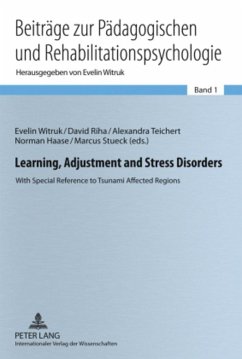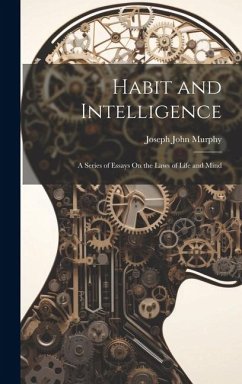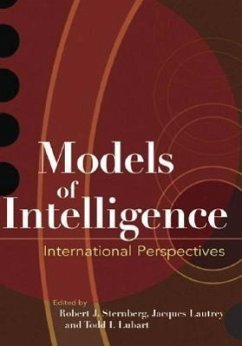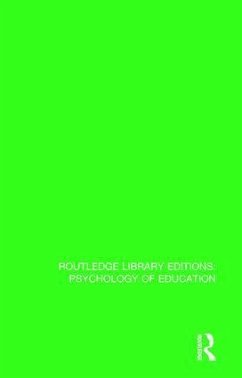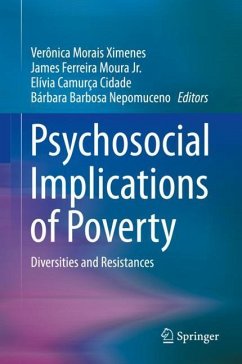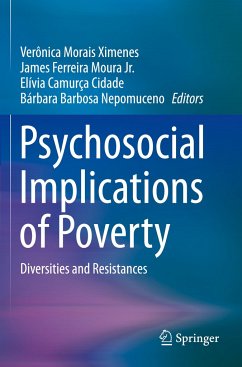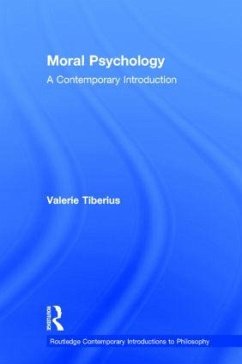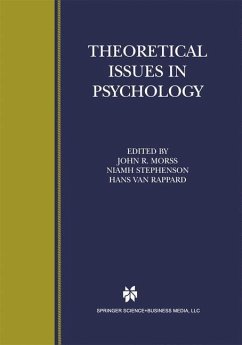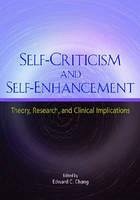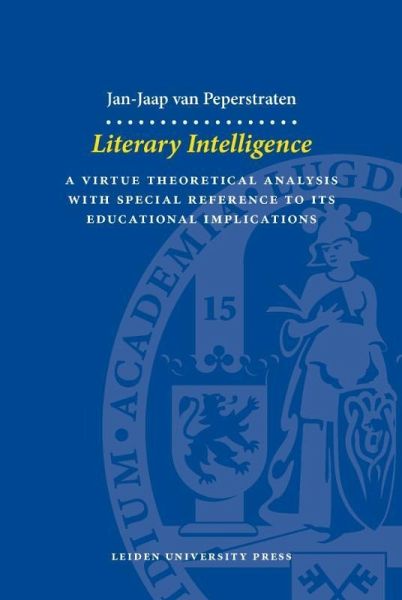
Literary Intelligence: A Virtue Theoretical Analysis with Special Reference to Its Educational Implications
Versandkostenfrei!
Nicht lieferbar
Many arguments have been made for the moral relevance of reading capacity. In this study Jan-Jaap van Peperstraten focuses on the most viable of these: the notion of a ¿Literary Intelligence¿ as formulated by the English literary critic F.R. Leavis and his students. It is argued that Literary Intelligence is best conceptualized as a form of intellectual virtue: an acquired, intrinsically good, cognitive mental trait. Particular recourse is taken to the virtueethical work of Linda Trinkaus Zagzebski and it is concluded that the fostering of a reading praxis may lead to the cultivation of the ...
Many arguments have been made for the moral relevance of reading capacity. In this study Jan-Jaap van Peperstraten focuses on the most viable of these: the notion of a ¿Literary Intelligence¿ as formulated by the English literary critic F.R. Leavis and his students. It is argued that Literary Intelligence is best conceptualized as a form of intellectual virtue: an acquired, intrinsically good, cognitive mental trait. Particular recourse is taken to the virtueethical work of Linda Trinkaus Zagzebski and it is concluded that the fostering of a reading praxis may lead to the cultivation of the intellectual virtue of phronesis ¿ or practical wisdom. The praxis of reading may therefore be considered a vital aid for the cultivation of a state of eudaimonia: the good life. This insight is shown to have far-reaching consequences for our understanding of reading education. Jan-Jaap van Peperstraten (1978) is a graduate of the universities of Nijmegen and Utrecht, both in the Netherlands. He was awarded the degree of Doctor of Philosophy in Education by the University of the West of Scotland in 2010.




